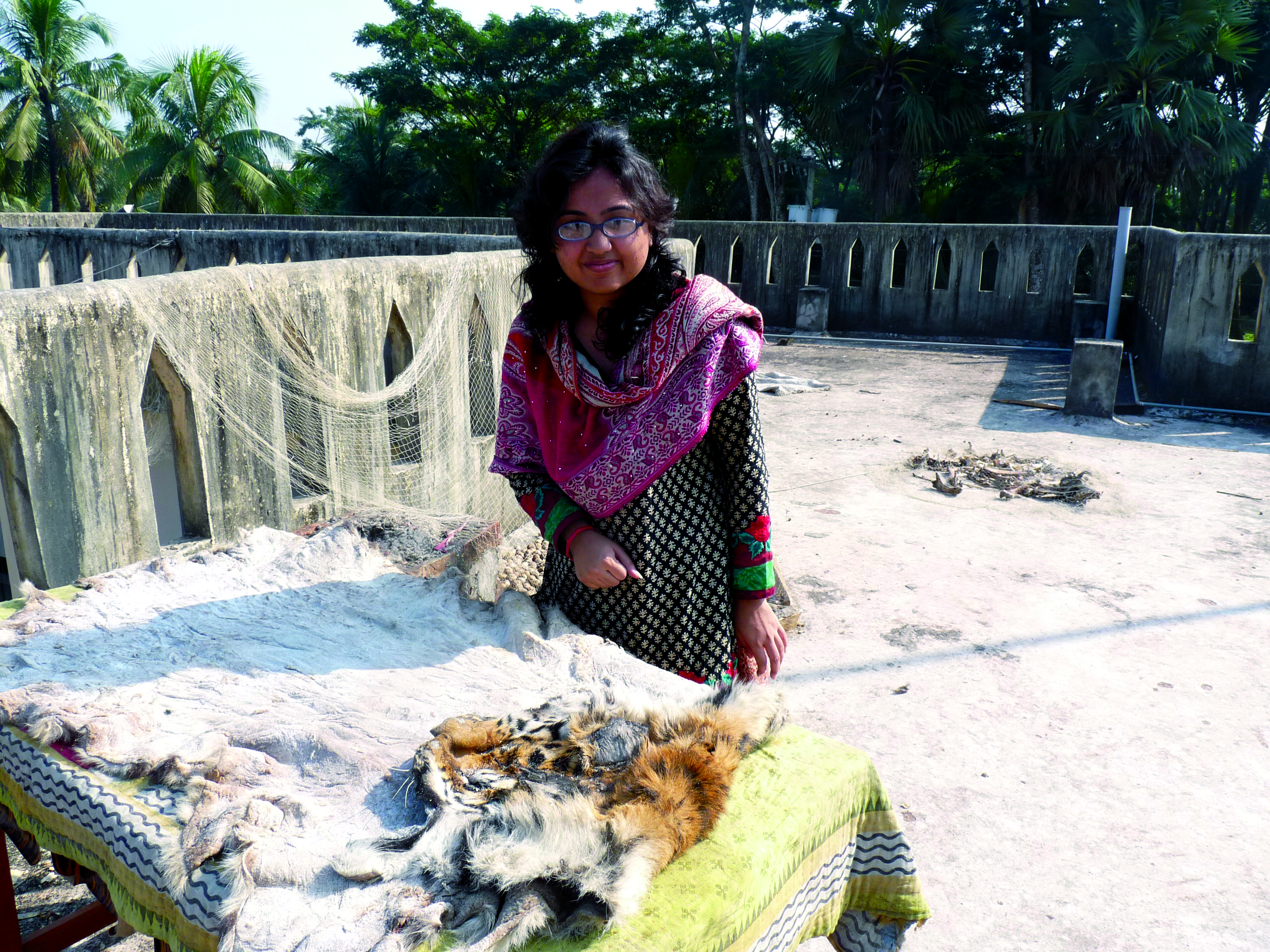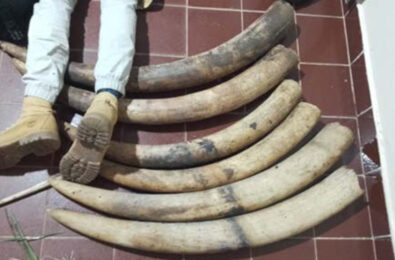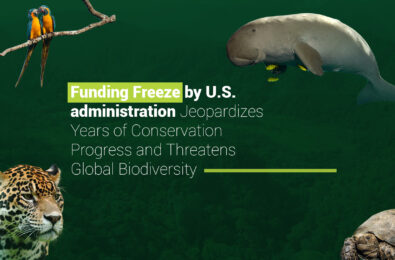Tackling wildlife crime in Bangladesh

Wildlife trafficking is a significant issue in Bangladesh, but it is often overlooked. Tiger killings by pirates and the use of wildlife products as bribes by human trafficking gangs are some of the crimes that are happening. Although there are awareness campaigns and international agreements in place, there is a lack of policy and on-the-ground focus to combat this growing problem. Samia Saif (FFN winner 2013) and her colleagues recently shared their vision about this issue. Read the full article here, or check out the summary below.
Wildlife trafficking is a global problem, ranking as the fourth-largest illicit trade with an estimated worth over 20 billion euro annually. The true scale of the trade may be even larger than reported, as low reporting values do not necessarily indicate less wildlife crime but rather a lack of priority in addressing it. Wildlife crime is closely intertwined with other criminal activities such as arms, drugs, and human trafficking.
Addressing wildlife crime is crucial for Bangladesh’s growth and social cohesion. Samia and her colleagues highlight the importance of addressing wildlife crime in Bangladesh from both a social and ecological perspective. Wildlife crime is linked to other major crimes, which inhibits the country’s growth and social cohesion. Ecologically, the decline of species populations poses a threat to the environment and can lead to ecosystem collapse. For instance, if tigers become extinct in the Sundarbans mangrove jungle, it could disrupt the entire ecosystem.

Samia Saif with a tiger skin collected from a poacher, back in 2013
Bangladesh serves as a key access point between countries for wildlife trafficking due to its diverse range of endangered species and weak laws and enforcement. Smugglers use the country as a hub for trafficking wildlife items from other parts of the world. Mixing illegal trade with legal trade further facilitates the illicit activities. While Bangladesh has signed international conservation treaties and has protection laws in place, their implementation on the ground is lacking, with weak sentencing and limited enforcement. The Wildlife Crime Control Unit, responsible for tackling wildlife trafficking, lacks institutional capacity and funding, hindering its effectiveness.
To counter wildlife trafficking and solve the disconnect between treaty commitments and actual action, policymakers should incorporate counter-wildlife trafficking into relevant education programs, review existing legislation, provide regular funding and integration for the Wildlife Crime Control Unit, and grant the Forest Department access to ports of entry and exit for proper examination of wildlife products. Together, these steps will create a safer natural environment in Bangladesh for wildlife and people.

















